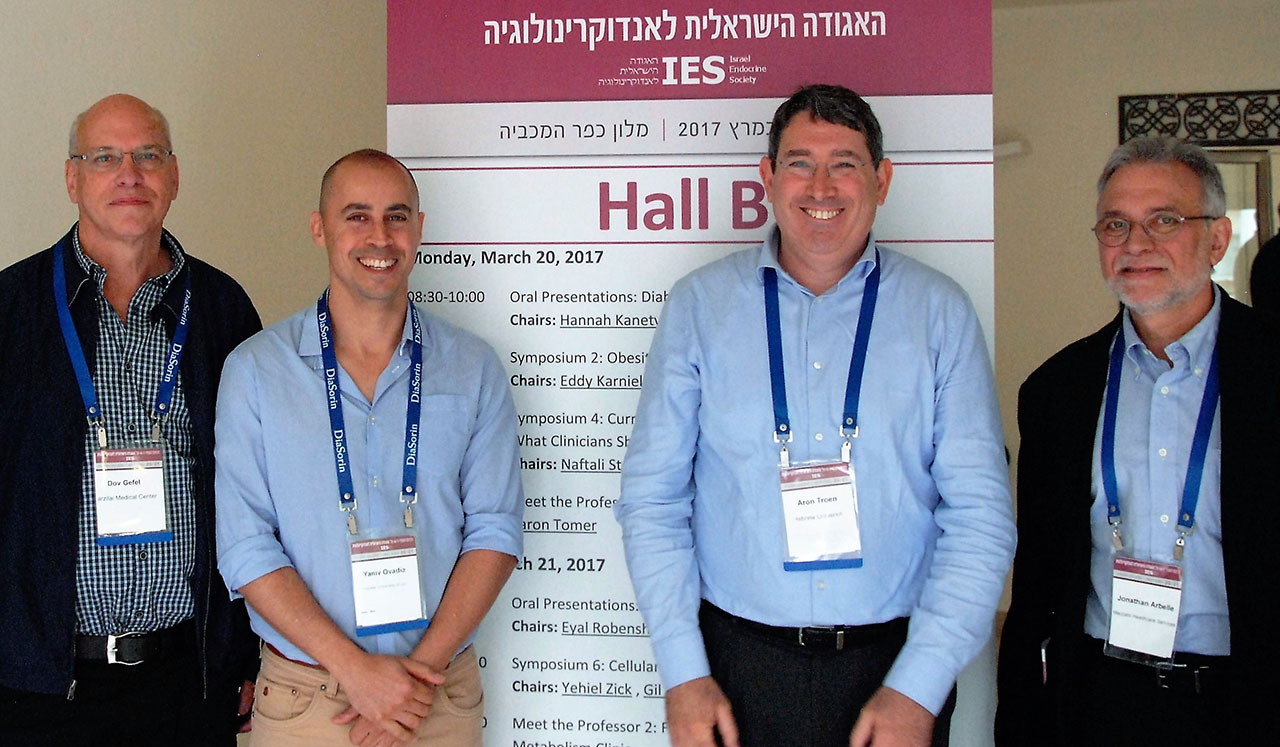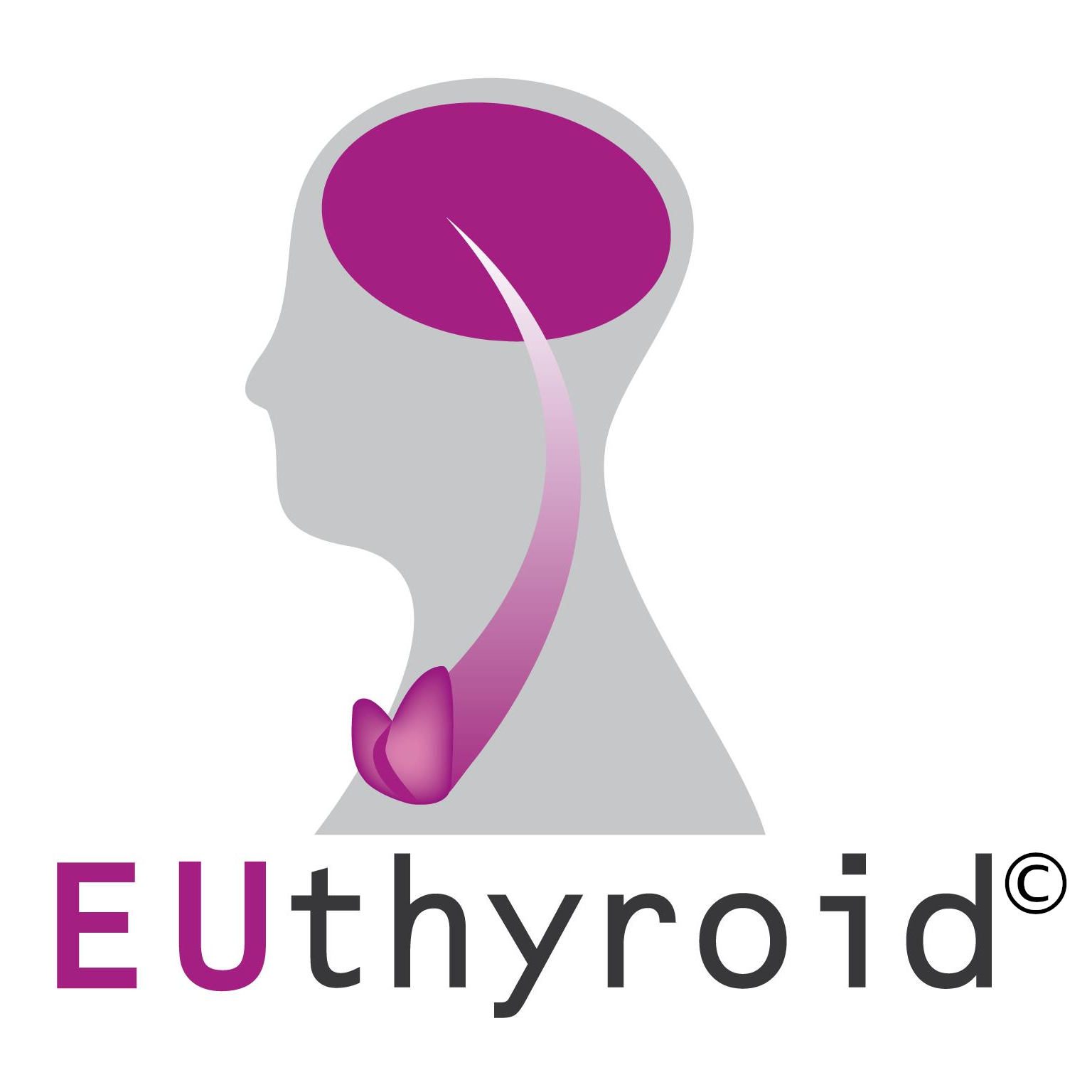
EUthyroid partners from the Hebrew University of Jerusalem (HUJI), ETH Zurich in Switzerland, with support of the Iodine Global Network have, together with colleagues from Maccabi Healthcare Services and the Barzilai University Medical Center, obtained the first nationally representative data about iodine status in the Israeli population.
Despite the identification of iodine deficiency (ID) as a key global risk factor for impaired child development, and the World Health Organization’s recommendation for routine monitoring, Israel remained one of the few countries to have never performed a national iodine survey. In addition, despite some of its population having suffered from ID in the past Israel does not provide iodine prophylaxis.
The first national iodine survey in Israel was accomplished through the collection in 2016 of pre-discard spot-urine samples from 1,023 school-age children and 1,074 pregnant women, representing all regions and major sectors in Israel (Arab, Jewish secular and orthodox).
A major finding of the survey was that 62% of school-age children and 85% of pregnant women fall below the WHO’s adequacy range.
“The immediate implication of our findings is that we need to improve the public’s intake of iodine,” said Prof. Aron Troen (HUJI). “It seems that as in most other countries, Israel’s food supply and our collective dietary habits do not ensure iodine sufficiency. Thus eliminating iodine deficiency and achieving optimal iodine status in Israel’s population will require a sustainable, government-regulated program of salt or food iodization. The costs are small and the benefits substantial and have been proven in over 160 countries around the world where this is done.”
Prof. Troen further stated “I’m pleased that the Ministry of Health has been supportive of this particular research effort, but to act on the findings and make a sustainable change will require government funding and legislation,”. Towards this goal the Hebrew University of Jerusalem is a partner in EUthyroid (http://euthyroid.eu), an EU-funded research project to evaluate current national efforts aimed at preventing iodine deficiency disorders, aiming to provide the basis to develop appropriate measures for harmonizing and improving iodine intake in cooperation with national authorities.
This text is adapted from the full press release, which can be found here: http://new.huji.ac.il/en/article/34005

